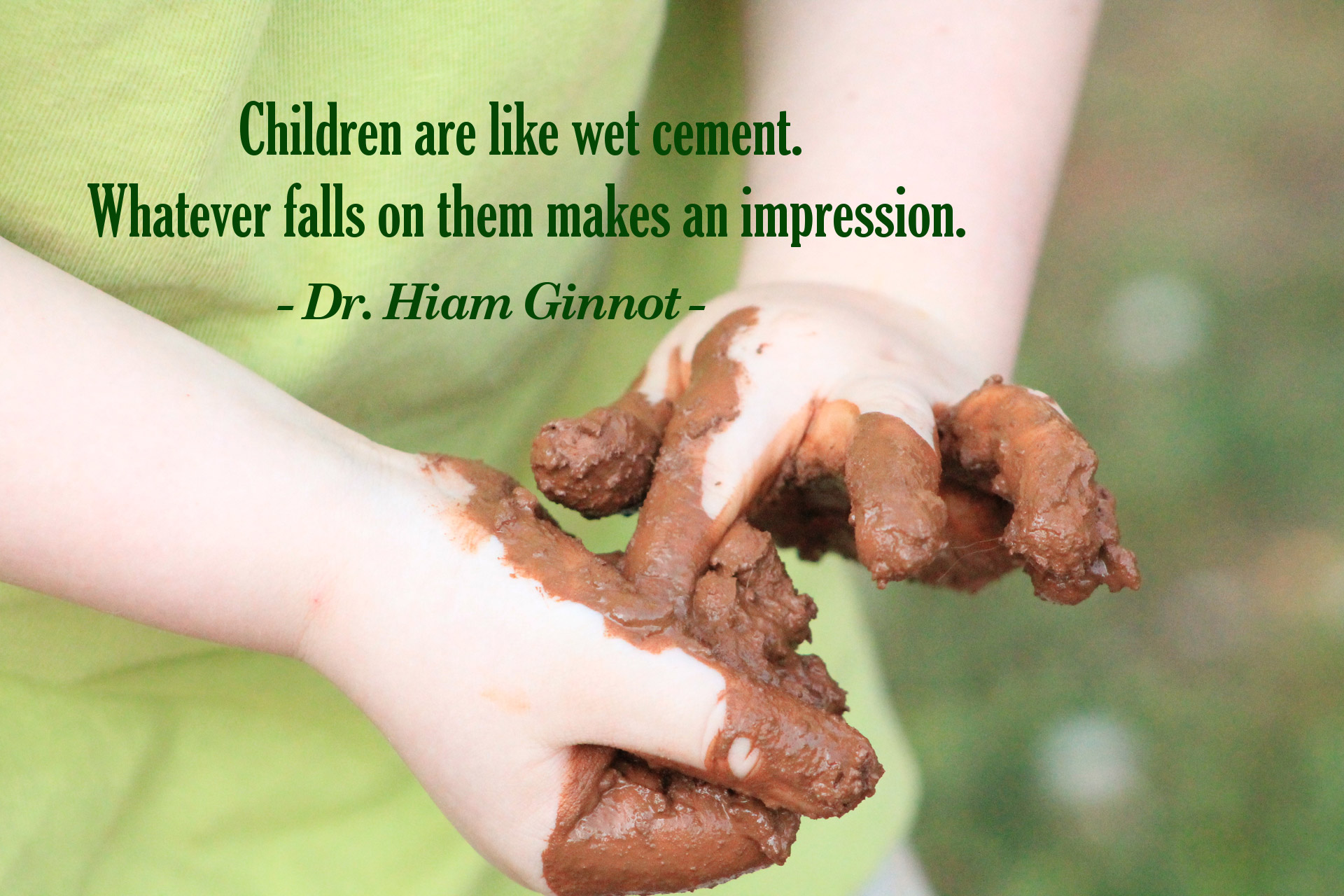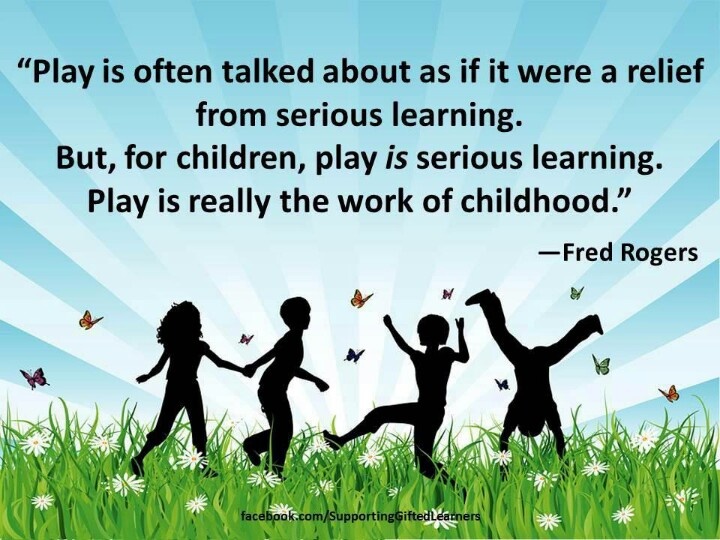Early Years Education Quotes: Inspiring Words To Shape Young Minds
Early years education quotes play a vital role in shaping the foundation of learning for young children. These inspirational words from educators, philosophers, and experts highlight the importance of quality education during the early stages of childhood development. By understanding the significance of early education, parents and teachers can create nurturing environments that foster curiosity and lifelong learning.
Education during the early years is more than just teaching basic skills; it is about nurturing creativity, emotional intelligence, and social skills. These quotes serve as reminders of the profound impact that early childhood education has on shaping future generations. They inspire educators and caregivers to prioritize quality learning experiences for young children.
In this article, we will explore various early years education quotes, their meanings, and how they can be applied in real-life scenarios. We will also discuss the importance of early education and its long-term benefits. By the end of this article, you will have a deeper understanding of why these quotes matter and how they can influence your approach to early childhood education.
Read also:The Third Place Global Eatery Clovis Menu
Table of Contents
- The Importance of Early Years Education Quotes
- 10 Inspiring Early Years Education Quotes
- The Biological Basis of Early Learning
- Social Impact of Early Education
- Long-Term Benefits of Early Education
- Challenges in Early Education
- Strategies for Effective Early Education
- The Role of Teachers in Early Education
- Parental Involvement in Early Education
- Future Directions in Early Education
The Importance of Early Years Education Quotes
Early years education quotes serve as guiding principles for educators, parents, and policymakers. These words of wisdom emphasize the critical role of early childhood education in shaping a child's future. They highlight the importance of creating supportive learning environments and fostering curiosity in young learners.
Research shows that the first five years of a child's life are crucial for brain development. During this period, children absorb information at an incredible rate, making it essential to provide them with enriching experiences. Quotes from experts in the field remind us of the significance of early education and encourage us to prioritize quality learning opportunities for all children.
10 Inspiring Early Years Education Quotes
1. Maria Montessori
"The greatest gifts we can give our children are the roots of responsibility and the wings of independence." Maria Montessori's words remind us of the importance of empowering children to take responsibility for their learning while encouraging independence.
2. Fred Rogers
"For children, play is serious learning." Fred Rogers emphasizes the value of play in early education. Play-based learning allows children to explore, experiment, and develop essential skills in a fun and engaging way.
3. Nelson Mandela
"Education is the most powerful weapon which you can use to change the world." Mandela's quote highlights the transformative power of education, starting from the early years.
4. Jean Piaget
"Play is the work of childhood." Piaget's insight underscores the importance of play in early education, where children learn through exploration and discovery.
Read also:Vanessa Johnson
5. Lev Vygotsky
"Learning is more than the acquisition of the ability to think; it is the acquisition of many specialized abilities for thinking about a variety of things." Vygotsky's quote emphasizes the need for a holistic approach to early education that addresses different aspects of a child's development.
6. Albert Einstein
"Imagination is more important than knowledge." Einstein's words remind us of the importance of nurturing creativity and imagination in young learners.
7. John Dewey
"Education is not preparation for life; education is life itself." Dewey's quote challenges traditional views of education, emphasizing the importance of making learning relevant and meaningful to children's lives.
8. Eleanor Roosevelt
"The future starts with what you do today in your classroom." Roosevelt's quote highlights the critical role of teachers in shaping the future through early education.
9. Carol Dweck
"When we teach a growth mindset, we help children embrace challenges and persist in the face of setbacks." Dweck's research on mindset theory emphasizes the importance of fostering resilience and a love for learning in young children.
10. Malala Yousafzai
"One child, one teacher, one book, and one pen can change the world." Malala's powerful words remind us of the transformative potential of education, starting with the early years.
The Biological Basis of Early Learning
Early childhood education is deeply rooted in neuroscience. Studies show that the brain develops rapidly during the first five years of life, forming millions of neural connections. These connections lay the foundation for future learning and development. By providing enriching experiences during this critical period, we can maximize a child's potential and set them on a path to success.
Research from the Harvard Center on the Developing Child highlights the importance of responsive relationships and stimulating environments in promoting healthy brain development. Early years education quotes often emphasize the need for nurturing environments that support this biological process.
Social Impact of Early Education
Quality early education has far-reaching social implications. Children who receive early education are more likely to succeed in school, have higher earning potential, and contribute positively to society. Studies show that early education programs reduce crime rates, improve health outcomes, and promote social cohesion.
A report by the Organisation for Economic Co-operation and Development (OECD) highlights the economic benefits of investing in early education. For every dollar invested in quality early education programs, society can expect a return of up to $17. This makes early education a wise investment for governments and communities.
Long-Term Benefits of Early Education
Academic Success
Children who attend quality early education programs are more likely to succeed academically. They enter school with stronger cognitive skills, better language development, and a love for learning. These advantages often persist throughout their academic careers.
Social Skills
Early education also promotes the development of social skills, such as empathy, cooperation, and conflict resolution. Children who attend early education programs are better equipped to navigate social interactions and build positive relationships.
Emotional Well-being
Quality early education fosters emotional well-being by providing children with a sense of security and belonging. It helps them develop resilience and coping strategies that serve them well throughout life.
Challenges in Early Education
Despite its many benefits, early education faces several challenges. One major issue is access to quality programs, particularly for disadvantaged children. Economic disparities often result in unequal opportunities for early education, perpetuating cycles of poverty and inequality.
Another challenge is the need for qualified teachers. Early education programs require skilled professionals who understand child development and can create engaging learning experiences. However, many programs struggle to attract and retain qualified teachers due to low wages and inadequate training.
Strategies for Effective Early Education
To address these challenges, several strategies can be implemented:
- Invest in teacher training and professional development to ensure high-quality instruction.
- Expand access to early education programs through public-private partnerships and government funding.
- Develop culturally responsive curricula that reflect the diverse backgrounds of children and families.
- Encourage parental involvement and community engagement in early education programs.
The Role of Teachers in Early Education
Teachers play a crucial role in early education. They are responsible for creating safe, nurturing environments where children can thrive. Effective early childhood educators understand child development, employ evidence-based teaching practices, and build strong relationships with families.
Research shows that teacher quality is the most significant factor influencing children's outcomes in early education. By investing in teacher training and support, we can ensure that all children receive high-quality early education experiences.
Parental Involvement in Early Education
Parental involvement is essential for the success of early education programs. When parents are engaged in their children's learning, children are more likely to succeed academically and socially. Parents can support early education by:
- Reading to their children daily to promote language development.
- Engaging in conversations with their children to expand vocabulary and comprehension skills.
- Participating in school activities and communicating regularly with teachers.
Future Directions in Early Education
As we look to the future, there are several promising directions for early education. Technology can play a significant role in enhancing learning experiences through interactive tools and personalized instruction. Additionally, research into brain development and child psychology continues to inform best practices in early education.
Global initiatives, such as the United Nations Sustainable Development Goals, emphasize the importance of quality early education for all children. By working together, governments, educators, and communities can create a brighter future for the next generation.
Conclusion
Early years education quotes remind us of the profound impact that quality early education has on shaping young minds. By understanding the biological, social, and emotional benefits of early education, we can create programs that foster curiosity, creativity, and lifelong learning. Investing in early education is an investment in our collective future.
We invite you to share your thoughts and experiences in the comments below. How have early years education quotes inspired your approach to teaching or parenting? Don't forget to share this article with others who may benefit from its insights. Together, we can make a difference in the lives of young children and their families.


